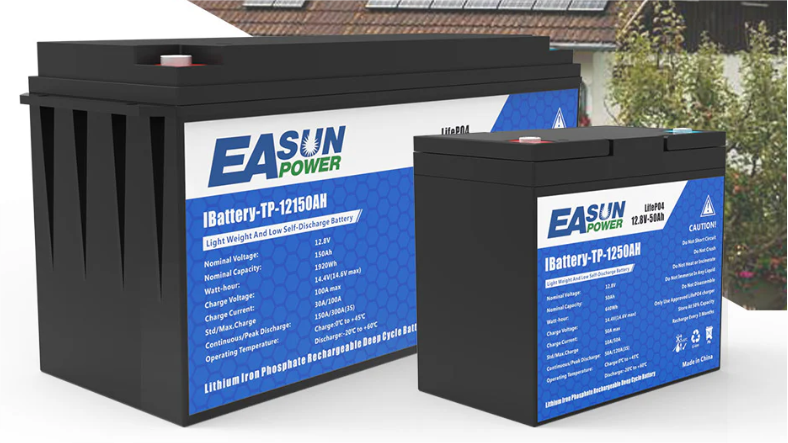
How Long Do LiFePO4 Batteries Last?
LiFePO4 batteries are excellent among various battery technologies. Noted for their stability and longevity, these batteries power everything from electric vehicles to solar energy systems. This article explores the intricate details of LiFePO4 batteries, their lifespan, and additional advantages they offer to users.
About LiFePO4 Batteries
LiFePO4 batteries, or lithium iron phosphate batteries, employ lithium-ion technology with a phosphate-based cathode. This composition offers a unique blend of safety and performance. Unlike other lithium-ion batteries that use cobalt or nickel, the iron phosphate cathode is inherently more stable and less prone to overheating.

How Long Do LiFePO4 Batteries Last?
Typically, these batteries endure for about 2000 to 5000 charge cycles before their capacity falls to 80% of the original level. To put this into perspective, if a battery is charged and discharged once daily, it can last between 5 and 13 years.
Can LiFePO4 Batteries Last Over 20 Years?
Surprisingly, under optimal conditions, high-quality LiFePO4 batteries could indeed last beyond two decades. This extended lifespan becomes plausible when the batteries are consistently operated within their ideal temperature range and charged correctly. Infrequent deep discharges and the maintenance of a partial charge between uses can substantially delay the aging process.
Other Benefits of LiFePO4 Batteries

Besides longevity, LiFePO4 batteries offer many other benefits:
- Enhanced Safety: These batteries are inherently safe, significantly resistant to thermal runaway-a major safety hazard in other lithium-ion technologies. That's why they are ideal for applications where safety is paramount, such as in residential energy storage systems or electric vehicles, where battery stability under stress or high temperatures is critical.
- Environmental Sustainability: Unlike traditional lithium-ion batteries that often rely on cobalt and nickel-metals linked to serious environmental degradation and ethical issues-LiFePO4 batteries use environmentally benign materials. This aspect is particularly appealing in sectors aiming for sustainable practices, like green technologies and renewable energy, where reducing ecological footprints is a priority.
- Economic Efficiency: The initial higher cost of LiFePO4 batteries is balanced by their longer operational life and reduced maintenance, translating to a lower total cost of ownership over time. This economic benefit is critical for commercial operations, such as solar farms or large-scale energy storage, where long-term cost efficiencies are as important as performance.
- Performance Consistency: LiFePO4 batteries provide consistent, reliable power, maintaining a high level of performance throughout their lifespan with less capacity fade than other battery types. The consistent performance underpins their use in critical applications, from medical devices to telecommunications infrastructure, where power reliability is non-negotiable.
- Flexible Applications: The robustness of LiFePO4 batteries extends their use beyond just mobile and electronic applications to more demanding environments. They are especially suited for off-grid power systems, backup power, and other applications that require reliable, long-term energy storage solutions. Their ability to perform under various climatic conditions without significant degradation also makes them a versatile choice across industries.
Final Words
LiFePO4 batteries are an exemplary choice for anyone looking to invest in a reliable, safe, and environmentally conscious battery technology. With the potential to last over two decades under optimal conditions, they offer an outstanding return on investment. Coupled with their robust safety features and minimal environmental impact, LiFePO4 batteries stand out as a smart choice for powering our modern world.

Laisser un commentaire